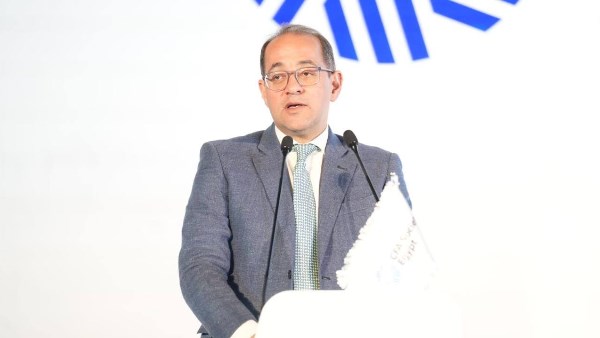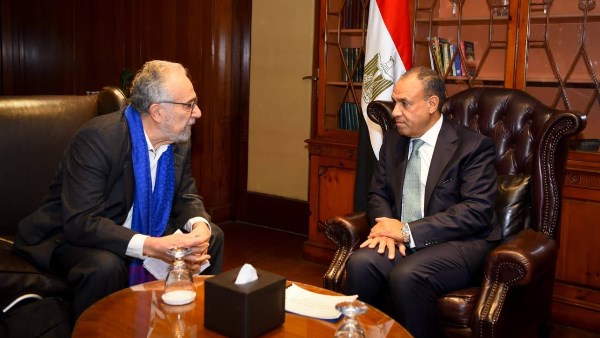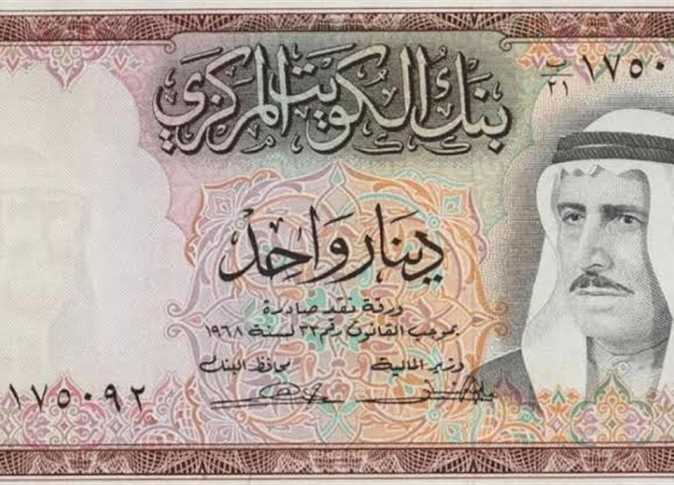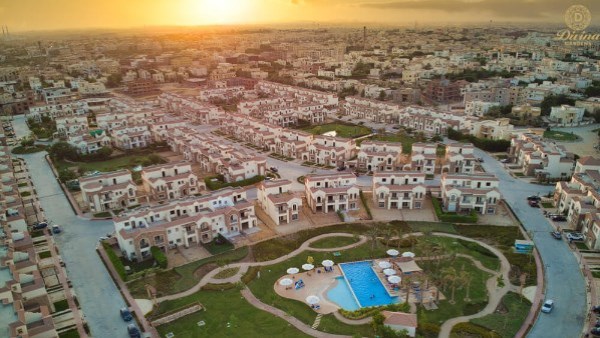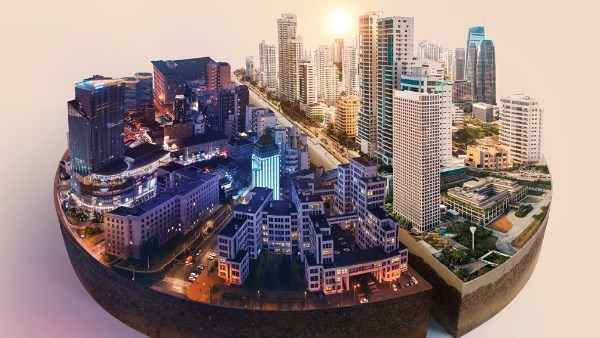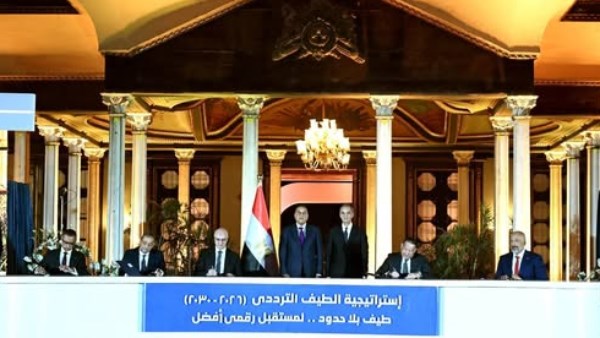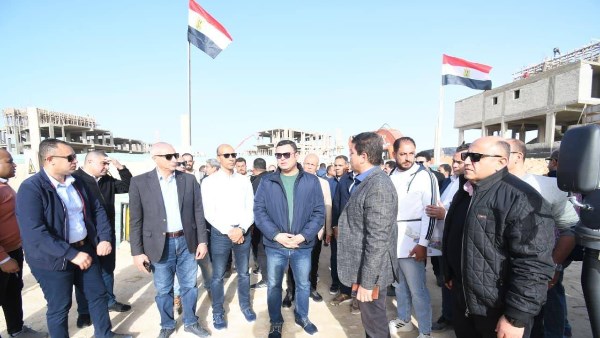
Some of the alleged attackers had expired Russian immigration documents
Russia Weighs Tighter Migrant Worker Rules After Moscow Attack
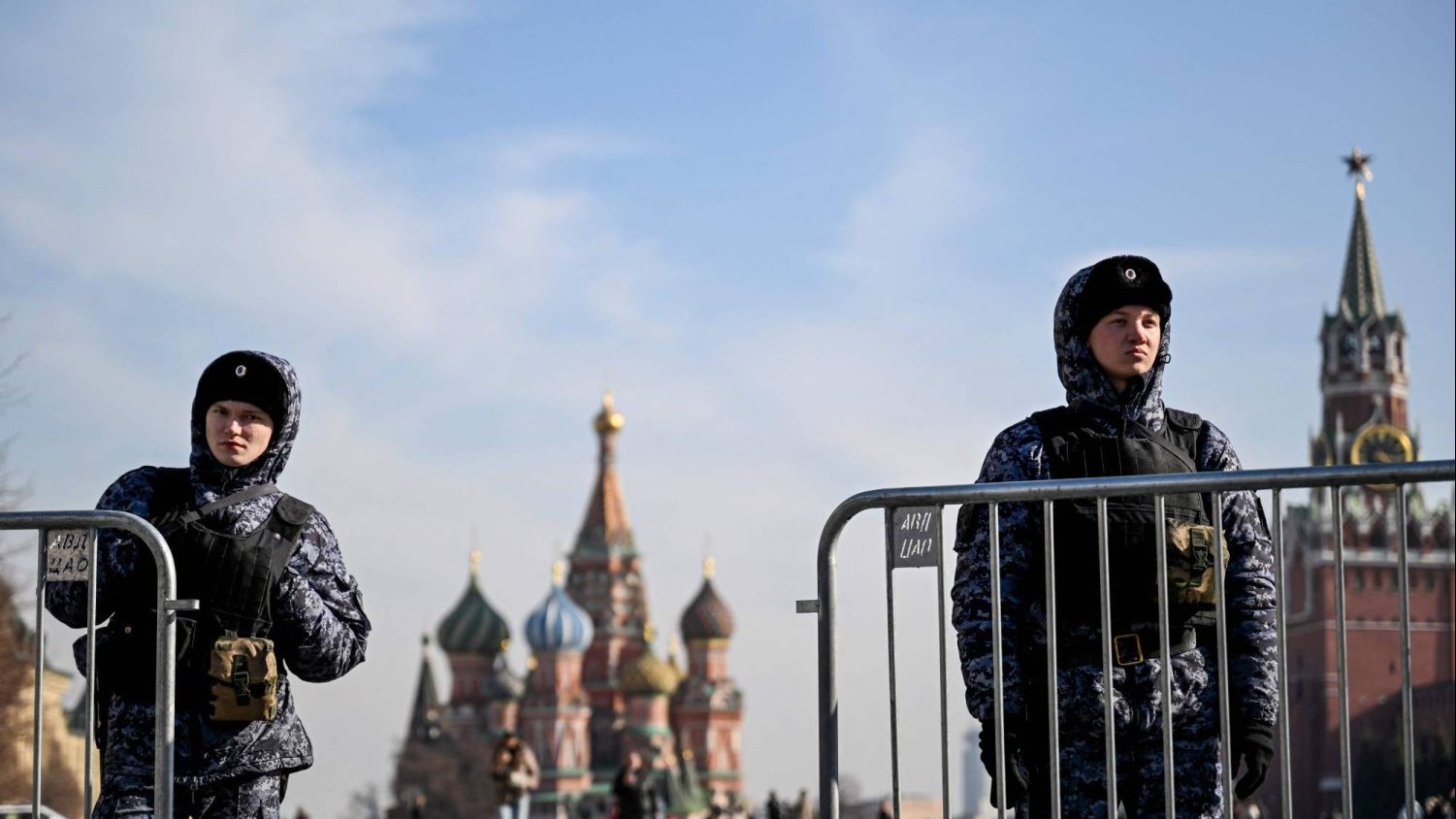
Russia is considering a raft of changes to tighten its immigration laws after Tajik nationals were accused of carrying out the worst atrocity in the capital in more than two decades.
The attack on concert-goers at Crocus City Hall in the Moscow suburbs last month killed more than 140 people. Investigators later found that some of the alleged attackers had expired Russian immigration documents.
Intensifying scrutiny
Russian authorities have since intensified scrutiny on the legal status of migrant workers across the country، while police have raided facilities run by companies that traditionally employ immigrants، raising concern about a crackdown on citizens of Central Asian countries، according to media reports. More than 20 people were detained after a raid on a warehouse run by online marketplace Wildberries، according to Gazeta.ru.
The Interior Affairs Ministry last week filed a draft law to tighten migration rules، spokeswoman Irina Volk said Monday. Under that bill، foreign workers would need to have a so-called digital profile with biometric data. The number of days that foreigners can spend in Russia without registering with authorities would be cut to 90 days per calendar year from 90 days within a 6-month period currently.
Officials may also create a special government body to manage migrant affairs that will be overseen by the president، Vedomosti newspaper reported، citing several people familiar with the situation. Kremlin spokesman Dmitry Peskov said Monday that no decisions had been made yet، according to the state-run Tass news service.
The speaker of Russia’s lower house of parliament، Vyacheslav Volodin، has created a working group to analyze changes to migration policy، Tass reported. Vladislav Davankov، deputy chairman of the lower chamber and a presidential candidate in last month’s election، proposed toughening Russia’s migration law “for security reasons.”
Imposing deportation
“Entering our country is too easy not only for those who want to work here in good faith، but also for people that want outright evil،” Davankov said on his Telegram channel. Russia needs to impose “deportation for even the smallest violation of law.”
The crack down on migrants is happening as Russia is facing a labor shortage that is hitting businesses from taxi services and metal refineries to posh Moscow restaurants. Russia needs a record 2.3 million more workers، the Federal Statistics Service reported at the end of December. At the same time، Russia’s unemployment has plunged to a historic low of 2.9%. In December، President Vladimir Putin said about 10 million migrants were working in Russia.
Russia hasn’t been paying a lot of attention to migrant issues for some time، and there are growing issues with the integration and assimilation of the newest migrants، said Alexei Zakharov، president of online recruiter Superjob.ru. “The terrorist attack is apparently pushing the authorities to do something about it، to take control of it.”
Restrictions on immigration، arrests of migrant workers، the threat of increased harassment or other moves that make laborers consider leaving could worsen the already tight market.
Kyrgyzstan’s Foreign Ministry issued a warning to its citizens about visiting Russia، urging them to temporarily refrain from unnecessary trips and told those already there to ensure they carry documents proving the legality of their presence at all times. Uzbekistan also urged its citizens to carry passports and work permits with them while in Russia.
Russia’s data on the number of migrants is patchy at best. Official labor market statistics suggest that there are 1.7 million foreign workers، or around 1.4% of the total employed. Our estimates suggest that the real number of migrant workers is likely 2-3 times larger and stands between 3.5 million and 5 million،according to Bloomberg Economics.
Migrant labor supply
A massive decline in migrant labor supply would be a challenge to Russia. We expect that Russia’s construction، retail، services and transportation industries would be hit hardest. By our estimate، an outflow of 300،000 workers may reduce Russia’s GDP by 0.2% over 12 months. The outflow would likely mean higher inflation and less space to cut the policy rate from 16% for the Bank of Russia.
Human rights project Department One reported a mass deportation of immigrants from St. Petersburg، Russia’s second-largest city، on March 29، seven days after the Crocus City Hall assaults. “All detention facilities are full،” Department One said on social media، citing one of its lawyers who provide legal support to migrants.
Now، Tajikistan’s Ministry of Labor، Migration and Employment is seeing an outflow of its laborers leaving Russia following the Crocus Hall attack amid xenophobic incidents، according to Tass.
“Our citizens are afraid، there is panic، many want to leave،” Shahnoza Nodiri، deputy head of the ministry، said in an interview to Tass. “We are monitoring the situation، more of our people are leaving than coming.”
Still، there hasn’t been a massive outflow of migrants on the whole، according to Zakharov.
“If all the migrants suddenly leave at once، the economy would collapse،” he said.





-1120252475029447.jpg)



